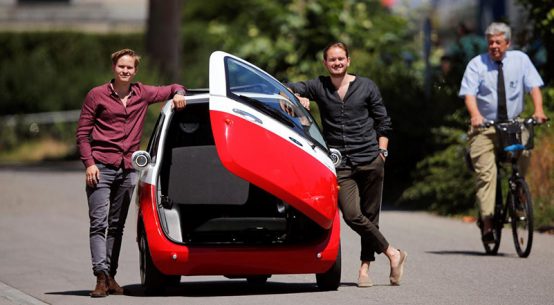
Toyota has designed a magnet that halves the amount of rare earths needed in its electric cars, which could help mitigate the fall out of a looming materials shortage.
Like other electric carmakers, Toyota has traditionally used neodymium, terbium and dysprosium in its electric vehicles, but it believes demand for these materials will outstrip supply come 2025.
The new magnet uses the rare earths lanthanum and cerium instead, which are more plentiful and cost 20 times less than neodymium.
A neodymium shortage would be serious news for the electric vehicle market as it stands, and we’ve already seen the consequences.
Last year a clampdown on illegal mining in China (which supplies 80 percent of the planet’s rare earth materials) caused neodymium prices to skyrocket by more than 30 percent in just one month.
For more Logistics News, Follow us on TWITTER Follow us on FACEBOOK
Toyota’s plans will help protect the company and keep it on track to sell 5.5 million electrified vehicles by 2030, which will certainly be achievable if its cars are also cheaper as a result of this switch.
- This article originally appeared on Engadget.
.









